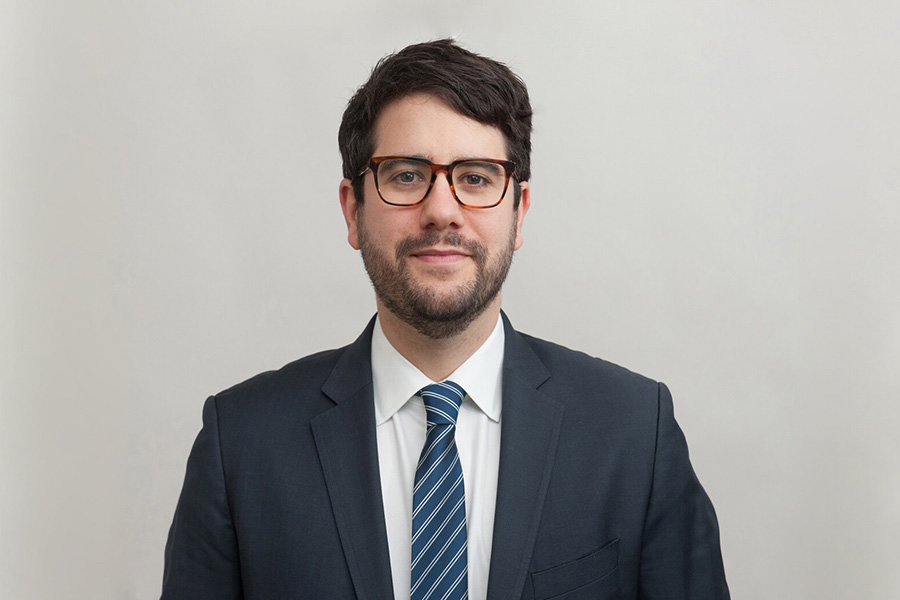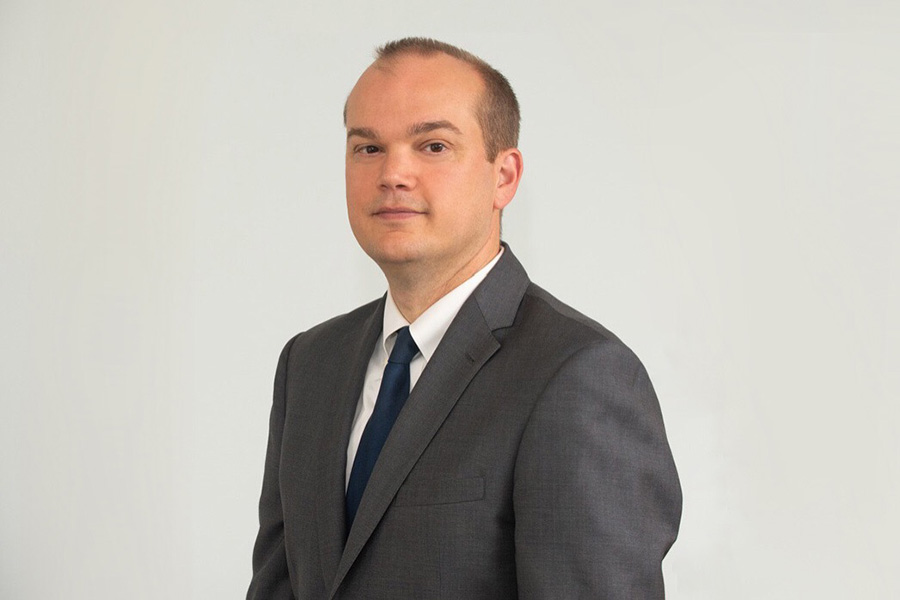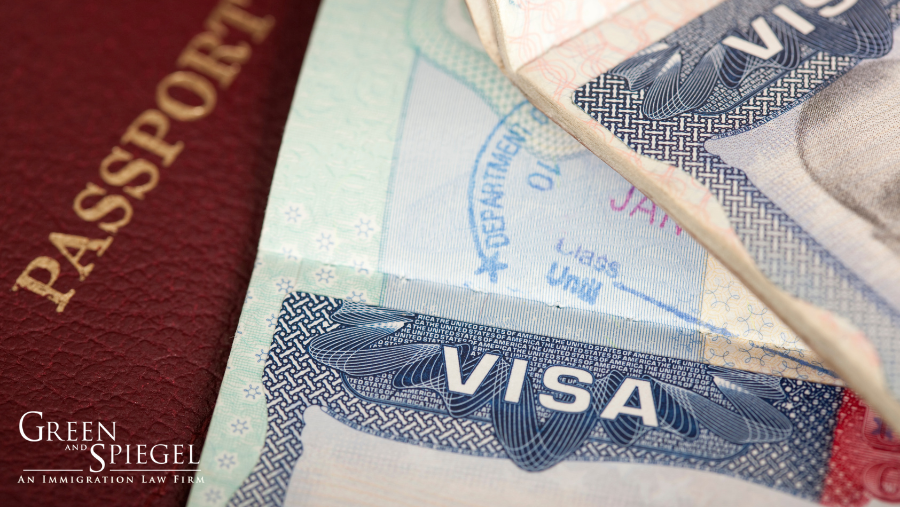Beginning October 15, 2019, all applicants for adjustment of status will be required to file a new, Form I-944, Declaration of Self-Sufficiency with the United States Citizenship and Immigration Service (USCIS). USCIS has instituted this new form in order for individuals applying for permanent residence to demonstrate that they are not likely be become a “a public charge” pursuant to INA § 212(a)(4). USCIS is seeking information related to household members, taxable income, tax payment history, foreign and domestic financial assets, credit scores, acceptance of public benefits, educational background and occupational skills.
The “public charge” language pertains to whether an individual admitted to the United States is more likely than not, in the future, to be reliant on public benefits. USCIS asserts that the rule “will only consider public benefits received directly by the applicant for the applicant’s own benefit, or where the applicant is a listed beneficiary of the public benefits.” USCIS has stated that the information will allow the agency to uphold immigration policy that “the availability of public benefits not constitute an incentive for immigration to the United States.”
While there are exceptions to the application of this policy for VAWA petitioners, refugees, asylees, victims of crimes, special immigrant juveniles and select other categories of immigrants, the majority of applicants for status will be required to submit the form and corresponding information.This new form will be required for immigrant visas issued at State Department posts.
Similarly, for nonimmigrant visa petitions (Form I-129) and change/extension of status applications (Form I-539), USCIS has included requests for additional information pertaining to the beneficiary or applicant’s use of public benefits while in the United States. Importantly, though the additional information is required for all I-539 Applications, it is only required in Form I-129 petitions that request a change of status or extension of stay within the United States (i.e. such information need not be provided for petitions requesting consular processing). While not nearly as extensive as the information and documentation required in the Form I-944, as presently constructed the Form I-129 will require employers to attest to their actual or potential employees’ receipt of public benefits.
There is limited information or policy guidance on how USCIS intends to use this information; however, this regulatory change is clearly designed to increase adjustment of status denials based on the “public charge” ground of inadmissibility. Many immigrants to the United States lack a credit history, extensive assets or financial resources, especially after paying for the costs of immigration processing and relocation. As such, many will be unable to provide even the basic information required on the Form I-944. Moreover, it remains unclear how USCIS intends to use the information and how lower-income individuals will be treated in the process.
Should you have any questions about this new policy, please contact the attorneys at Green & Spiegel, LLC for assistance at (215) 395-8959.
**On October 11, 2019, the U.S. District Court for the Southern District of New York imposed a nationwide injunction on the implementation of this new policy. The injunction stops USCIS from “implementing, considering in connection with any application, or requiring the use of any new or updated forms…including the new Form I-944, titled ‘Declaration of Self Sufficiency’ and the updated Form I-485, titled Application to Register Permanent Residence or Adjust Status.”**
***While the temporary restraining order which was signed in the Southern District of New York prevents USCIS from implementing the new public charge rules, the application of those rules and corresponding forms has gone into effect with the U.S. Department of State. This means that all new applicants seeking to consular process will have to submit the additional forms to document their income, access to public benefits and education.***
****The Department of State has advised that visa applicants are not required to take any additional steps related to the “public charge” rule at this time. The Department is seeking approval for use of a new form related to the “public charge” before it implements any changes to its processes.****





